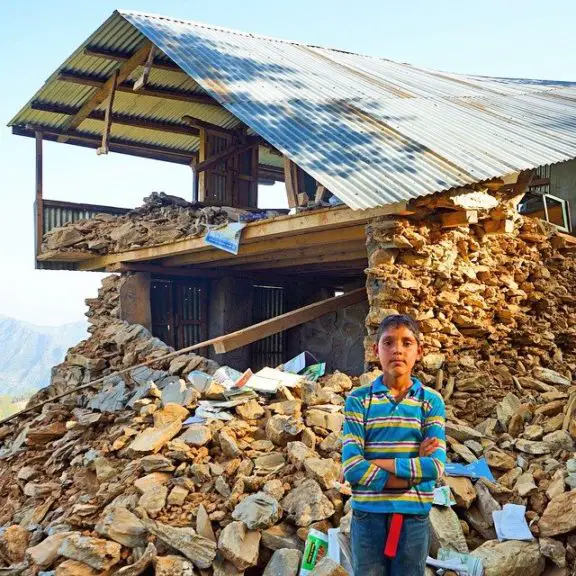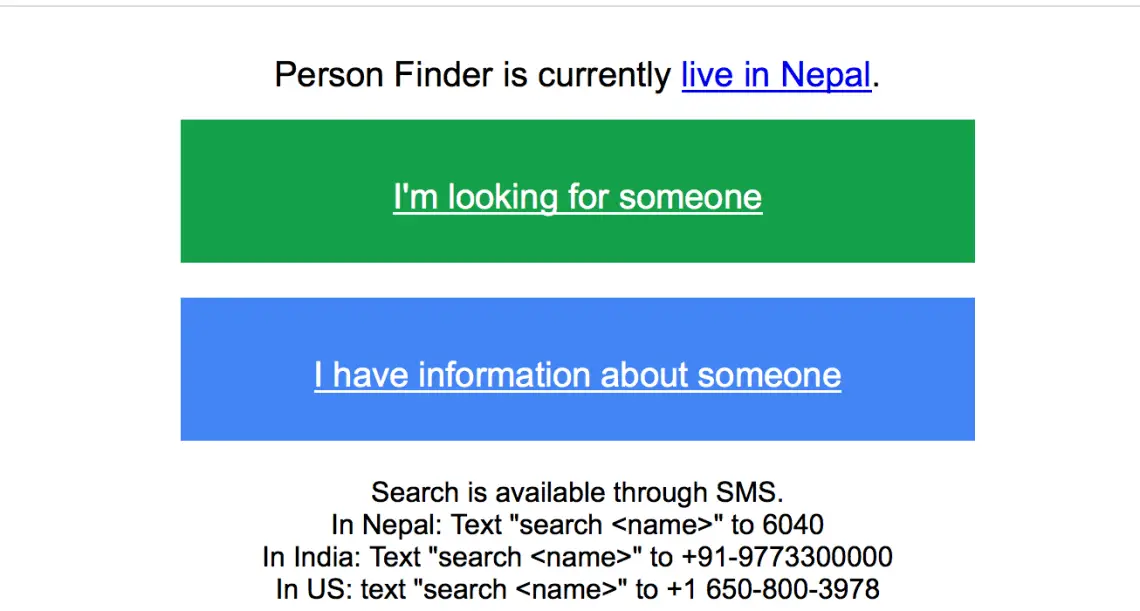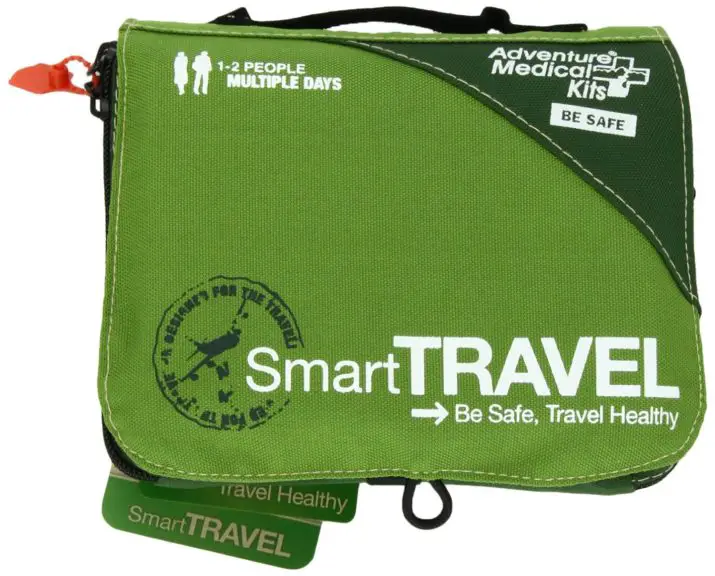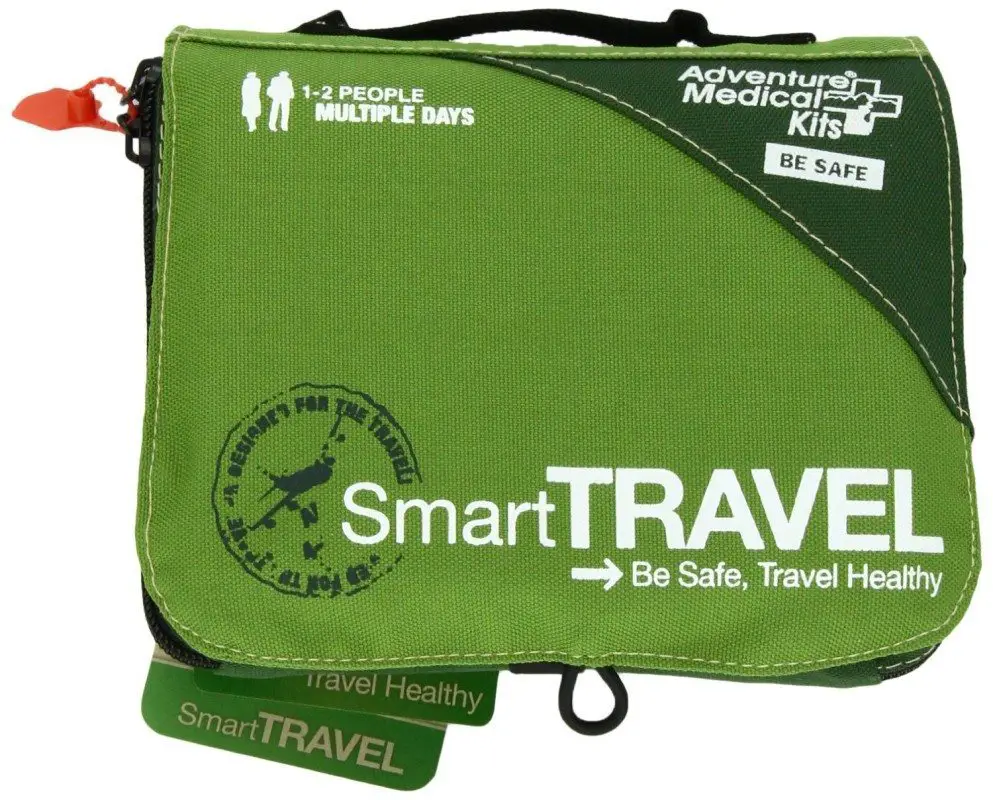Nobody expects to be hit by a natural disaster or medical emergency on vacation but it can happen to anyone. The only you can do is prepare for the worst and hope for the best.
During the Nepal earthquake I was fortunate to have just finished my trek to Everest Base Camp and was safely in Bhutan. However, thousands of people lost their lives in Nepal and many tourists were in harms way. You never know when disaster will strike and the only thing you can do is prepare yourself for the worst case scenario. Purchasing reliable travel insurance is the most important thing you can do before you leave but there are many ways to be prepare before leaving home.

Photo via Tourist2Townie
If you would like to contribute to a great cause in Nepal please donate here: Givealittle.co.nz
How to Prepare for a Travel Disaster
1. Register with STEP (Smart Traveler Enrollment Program)
STEP will assist you if you lose your passport but more importantly if there is a natural disaster. For example, after the Haiti earthquake they evacuated over 16,700 U.S. citizens and family members. An additional benefit of STEP are the travel warning updates. They will keep you up to date on natural disasters, civil unrest, and other warnings to keep you safe.
2. Complete Ready.gov’s Emergency Plan
This form is a basic family emergency plan that is vital if there is a natural disaster. It is important people know how to reach you and you know how to reach them if something was to happen abroad or back home. Make sure multiple family members have this information and each of you have emergency contact information before you leave home on your trip.
3. Fill out a Red Cross emergency contact card
An updated emergency card is something you should carry on you at all times. It will provide the necessary information about who to call or text during an emergency as well as travel insurance and health care provider info.
4. Create a digital backup
I always carry a digital backup of my passport and emergency contacts. This is the first thing I would use but if my phone is dead or I don’t have access to a computer. I used a copy of my passport on my phone to get out of a situation in Egypt (after leaving my passport in the hotel) and without it I would have had some problems. Of course batteries die and in an emergency this might not be an option if your phone is dead. This leads me to my next point.
5. Carry Paper Backups
In an emergency paper copy might be your only option. If you lose your passport a paper copy will help you get a new one and eventually get home. Also, keep all of your travel insurance details and emergency contacts on paper. I keep my paper copies separate from the originals as an additional safety measure. You don’t want to lose both copies if something is stolen, lost, or damaged.
6. Buy Reliable Travel Insurance
I didn’t used to buy travel insurance when I started traveling and like many travelers I learned the hard way that you should always buy it. Make sure you are covered by your plan. Many activities we wouldn’t consider to be “extreme” sports aren’t covered by simple travel insurance. Get covered for natural disasters, medical emergencies, and evacuations. This is why I always buy travel insurance now and I go with Allianz Travel Insurance. I have heard stories of travelers saving tens of thousands of dollars on emergency medical assistance, which is a great reason to have travel insurance.
7 . Carry a Medical Emergency Kit
This can be a medical simple kit with the basics in it but enough supplies to hold you over until you receive proper medical attention. Carry one with you and add backups to your prescriptions as well. You never know in an emergency how long you will be stranded abroad or in one location.
8. Local Emergency Contacts
When you arrive to your destination find out the local emergency contact numbers. Make sure you know where the nearest hospital and pharmacy is as well.
9. Remember Cash is King
ATMs might go down or credit cards might not be accepted following a disaster. Cash will always be king in any situation.
When my friends were in Haiti after the earthquake they couldn’t fly home from Port-au-Prince. They had to charter a helicopter to the Dominican Republic in order to fly back to the U.S. Without a stash of emergency cash they would have been trapped in Haiti until flights resumed. Always carry cash and this means new and crisp 100 dollar bills. Many countries do not accept old USD. Bring new notes and keep them safe for an emergency.
After a Disaster
After disaster strikes there are a few things you should do if you are safe or looking for someone in the affected area. You will want to check-in with family and friends as soon as possible. There are a few ways you can do that online if you have access. And for family and friends at home they can find you as well.
Check-in Safely Online
Google, the Red Cross, and Facebook all offer similar services to check in safely or located a family member.

Facebook uses it’s own feature which allows you to check-in safe and mark others as safe. You can see an example of this from the Nepal earthquake below. It is a great feature to quickly let family and friends know you are ok if you have access to the internet. Cell communication was down immediately after the Nepal earthquake and can take some time to come back online. This is a good feature when it works but not always reliable.

Preparing for a Disaster
In reality there is no way to prepare for everything that could go wrong but you can take the necessary precautions before you leave on your next trip. Always have a backup plan, keep emergency contacts on you at all times, and don’t forget to buy travel insurance before you leave. Taking these steps will keep you as safe as possible when you travel abroad but there will always be risk.



